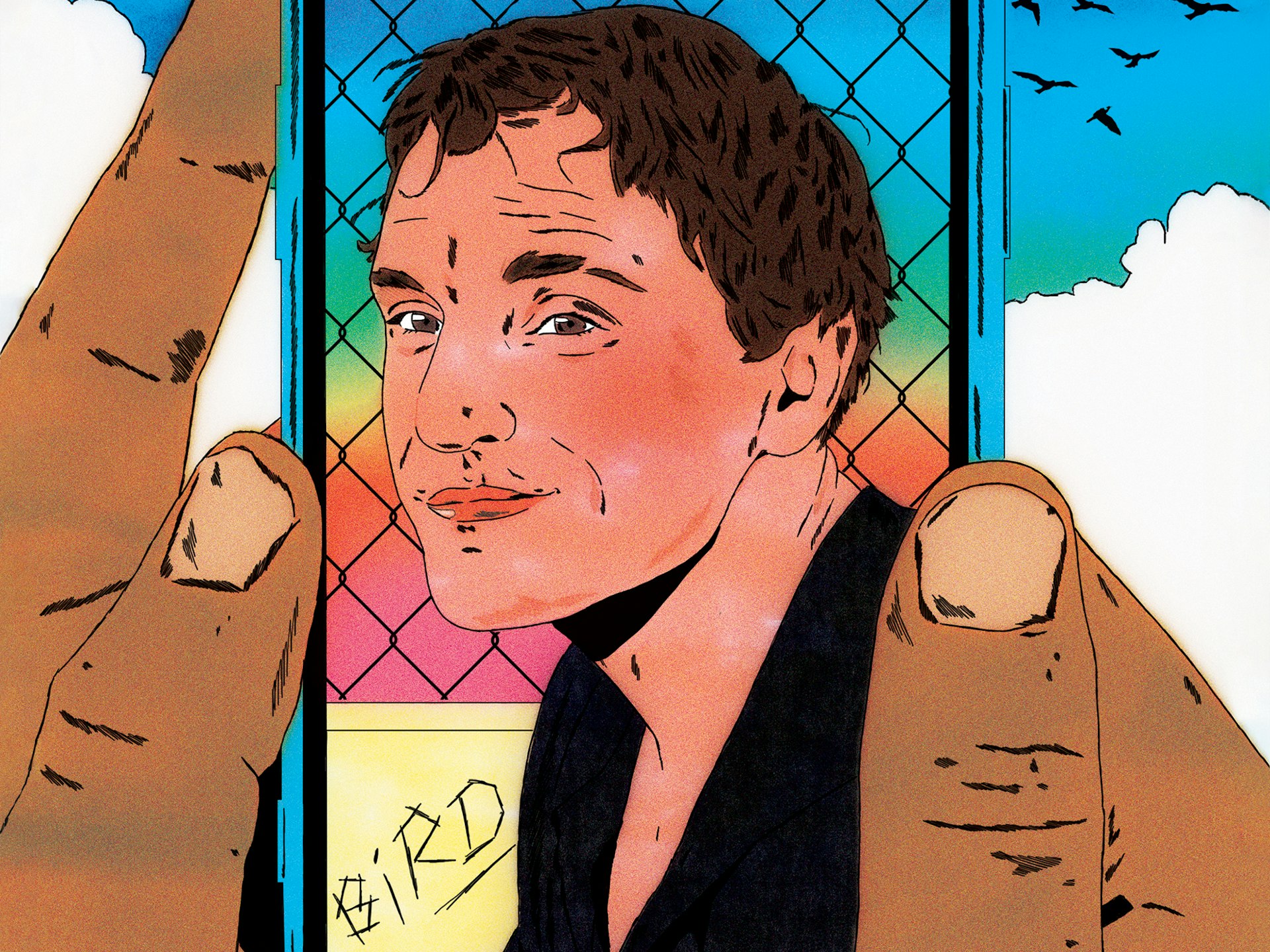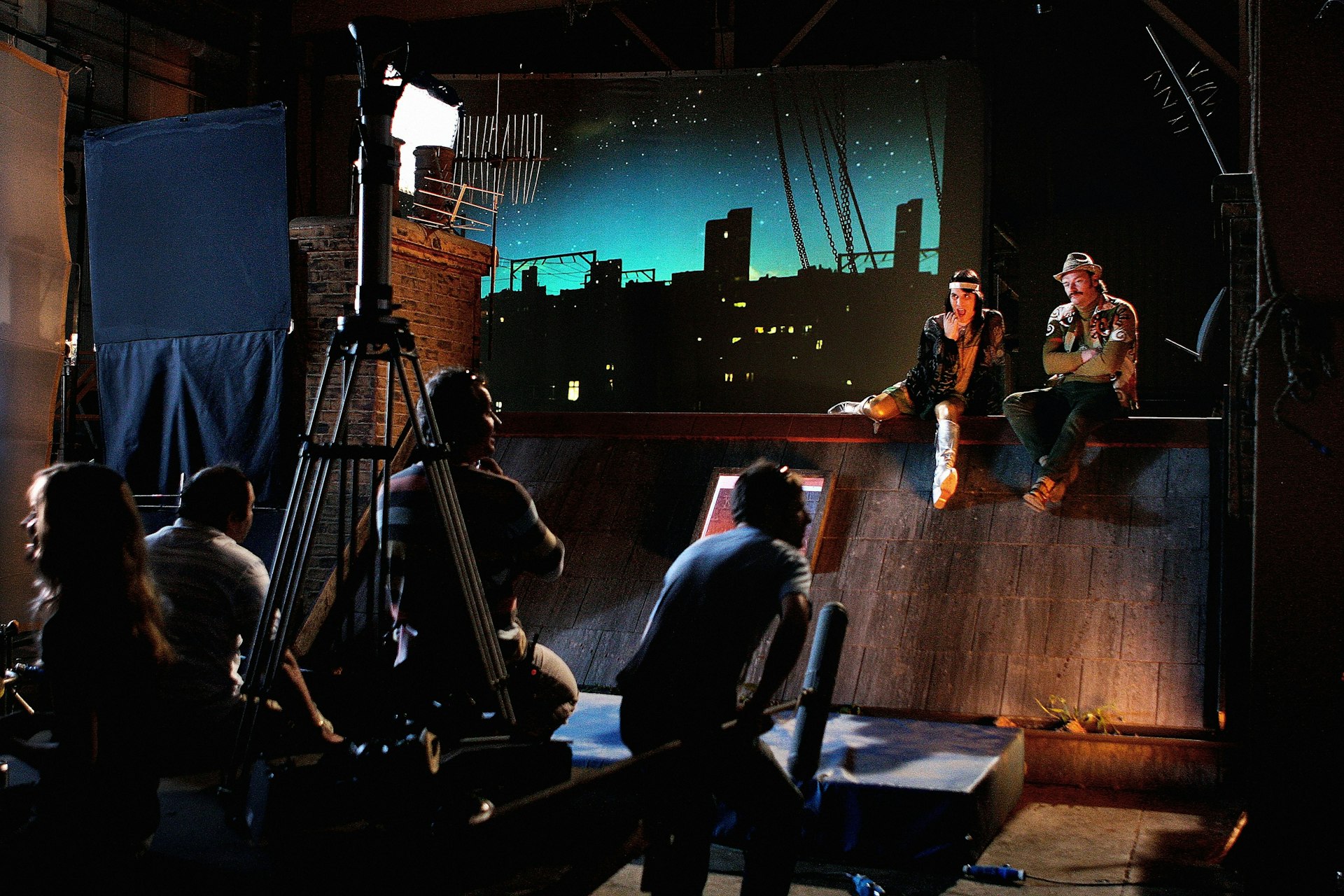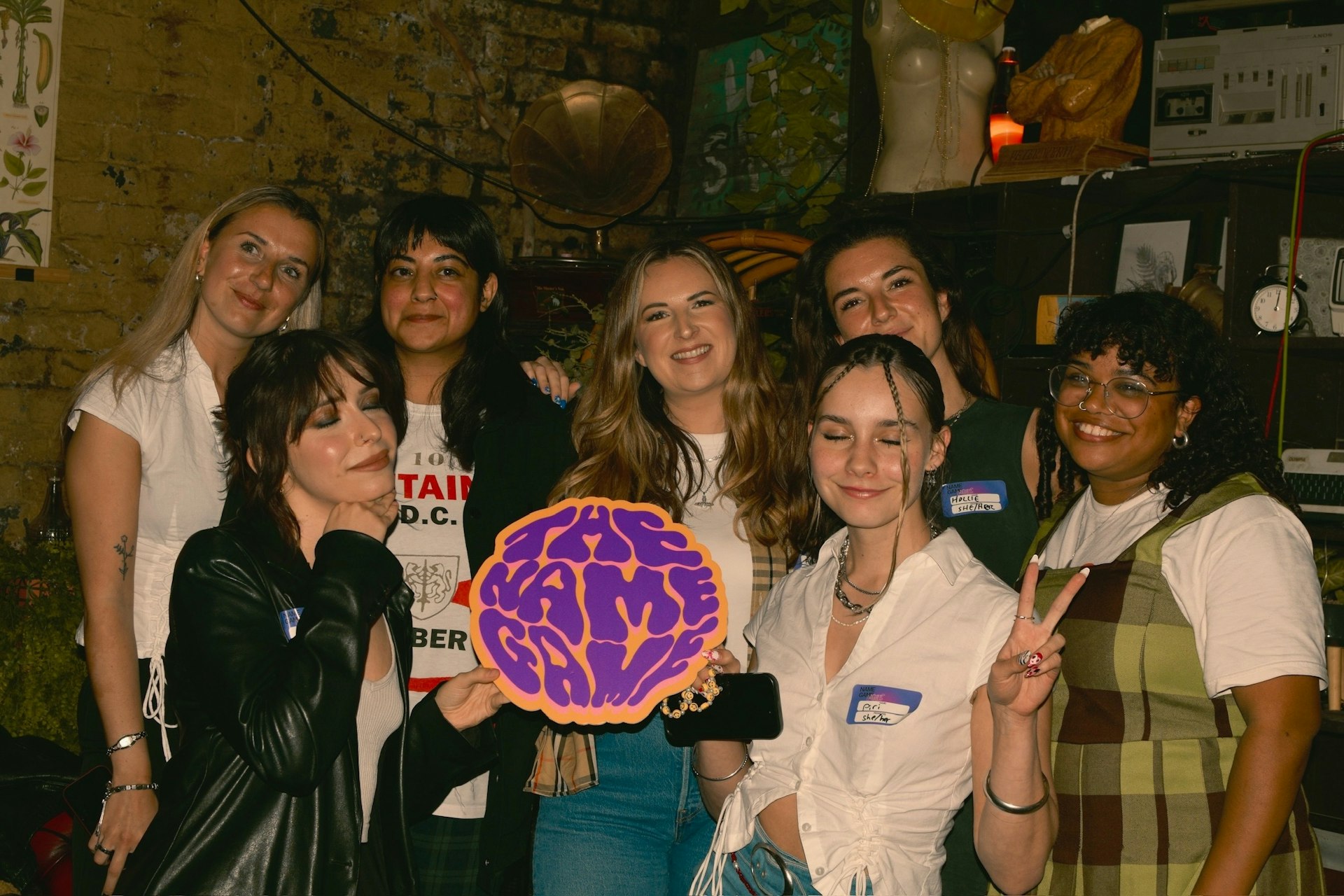Inside a Texan neighbourhood Mexican wrestling club
- Text by Isaac Muk
- Photography by Tom “TBow” Bowden

Each Sunday, among Houston’s industrial, blue collar East End, a rumbling hum of excitement can be heard from an old warehouse space in Magnolia Park. Enclosed by high-ceilinged corrugated steel, around 200 spectators – made up of families of all ages and mostly of Latinx origin – surround a roped ring. They roar from the edges of their seats as contesting wrestlers throw themselves at each other in acrobatic routines. Ladders and tables are brought out and smashed through for added drama, before a victor successfully pins the other to the mat, and victory is called in enthused Spanish. It’s an afternoon at the Coliseo – the site of Houston’s only permanent Lucha Libre wrestling club.
Originating in Mexico during the mid-19th century and brought north of the border by migrants into Texas in the 20th, Lucha Libre is an entertaining, expressive style of wrestling. Competitors (luchadores and luchadoras) come from a variety of backgrounds, each with their own caricatured personas and wild outfits. The sport is perhaps most strongly remembered by its masked wrestlers – the luchador enmascarado – who never reveal their true identities, but the wrestlers come in an array of different characters and roles.
Huck sent local photographer Tom “TBow” Bowden to the venue, which he has been visiting weekly over the past year, growing close to the people who make the show and making pictures. Capturing all the action and flexing portraits of the Coliseo’s colourful cast of wrestlers – his pictures are a striking window into the Latinx subculture, and an important hub for East Houston’s local Hispanic community.

“This is where everyone in the local neighbourhood comes for entertainment,” TBow says. “You quickly realise this is not Olympic-style wrestling – this is entertainment wrestling. This is people dressing up in costumes. They have even incorporated Disney characters.”
One wrestler, known as The Burro (translated to The Donkey), wrestles in a head-to-toe outfit that’s reminiscent of Winnie the Pooh’s sullen donkey friend Eeyore. Women wrestlers also are given space to compete, while another pictured named Larry Miranda, plays the role of an exótico – a wrestler who performs in drag, which has a long, evolving tradition within Lucha Libre.
“For 100 years, the role of a gay wrestler was to be jeered at by crowds, they gave them something to hate,” TBow explains. “But as society has progressed, welcomed new valued and we’ve become more exclusive, suddenly the exótico established themselves as a legitimate fighting force in the Lucha Libre. I got to know Larry Miranda and got to appreciate the depth of the culture, the rules, and the structure of the Lucha Libre.”


With American wrestlers also making appearances, the weekly event at the Coliseo forms a unique crossover, entwining of cultures in a way that is ultimately Texan at its heart. “Growing up in Texas we really embrace Hispanic heritage from an early age,” TBow says. “We enjoy the Tex-Mex food immensely, and we celebrate the Hispanic holiday of Cinco de Mayo and Día de los Muertos. So in the ‘60s, Lucha Libre found a foothold in northern Texas, and it just grew from there – it’s a fascinating subculture.
“It’s very much like the American version of wrestling [like WWE], and it looks slapstick and like they’re having fun,” he continues. “But you know what, if this guy picks you up and drops you over his head – people get hurt. They’re athletes in that regard – they train, they get in a practice ring, and they have a mutually agreed ballet worked out.
“Some people like to perform – it’s in their culture. They take pride in their abilities and their costumes because there is a lot of skill. It’s show business.”
Take a look at TBow’s series: “Lucha Libre: Mexican Wrestling in a Texas Neighbourhood” below.
See more street photography from TBow Bowden at his website and Instagram
Enjoyed this article? Follow Huck on X and Instagram.
Support stories like this by becoming a member of Club Huck.
Latest on Huck

Three decades behind the scenes of the music industry
Eddie Otchere’s ‘Spirit Behind the Lens’ is a story of music and culture that crosses and transcends borders.
Written by: Isaac Muk

Barry Keoghan, Franz Rogowski and Andrea Arnold on ‘Bird’
The new issue of Little White Lies brings Andrea Arnold’s sixth feature to life with a thematic voyage down the Thames estuary.
Written by: Maisy Hunter

“A party is a microcosm of a nation”: Caleb Femi on the decline of the house party
To celebrate the publication of his new collection ‘The Wickedest’, Isaac Muk caught up with Femi to talk more about the work, the future of the shoobs, and discuss why having it large on a Saturday night should be cherished.
Written by: Isaac Muk

Celebrating 20 years of The Mighty Boosh
A new exhibition takes a look behind the scenes of the iconic show two decades after its BBC3 premiere.
Written by: Isaac Muk

We Run Mountains: Black Trail Runners tackle Infinite Trails
Soaking up the altitude and adrenaline at Europe’s flagship trail running event, high in the Austrian Alps, with three rising British runners of colour.
Written by: Phil Young

The organisation levelling the playing field in the music industry
Founded in 2022, The Name Game is committed to helping female, non-binary and trans people navigate the industry.
Written by: Djené Kaba










